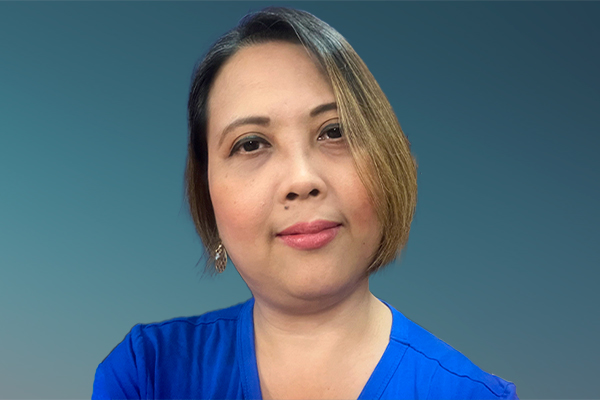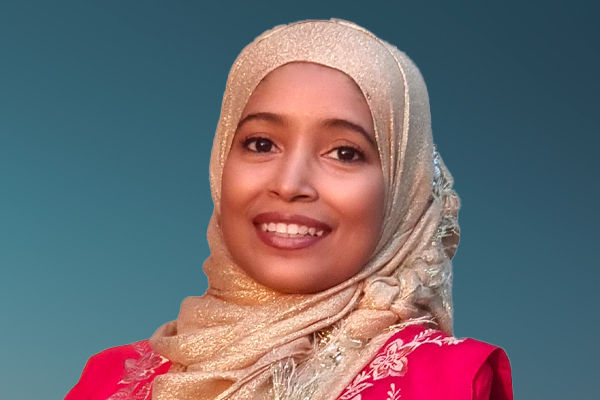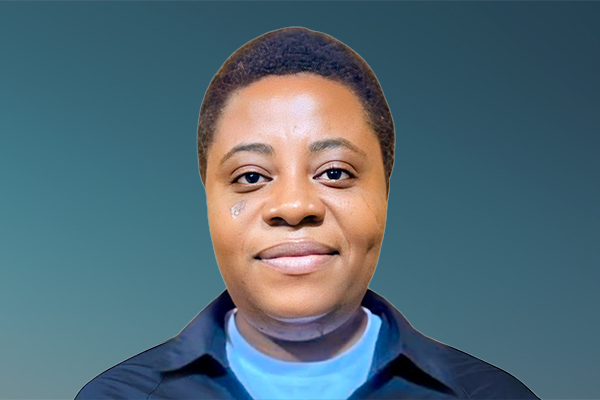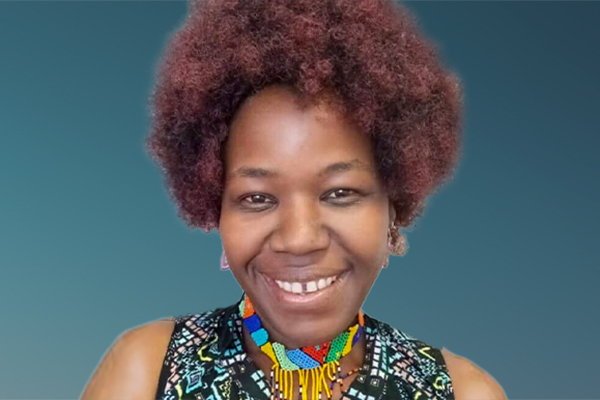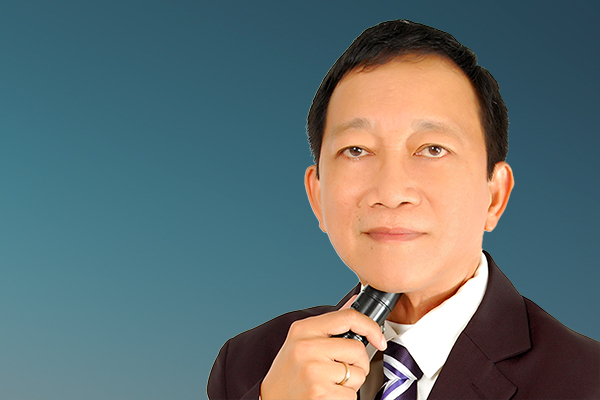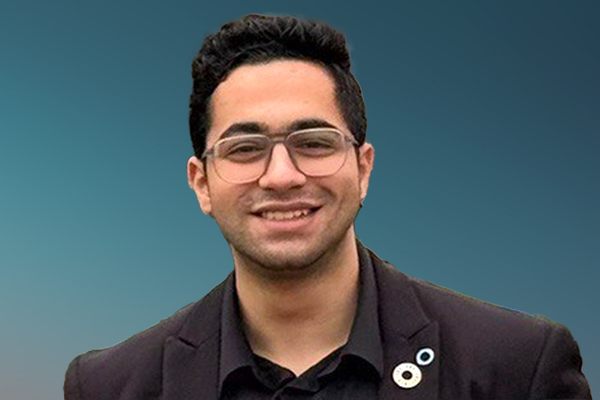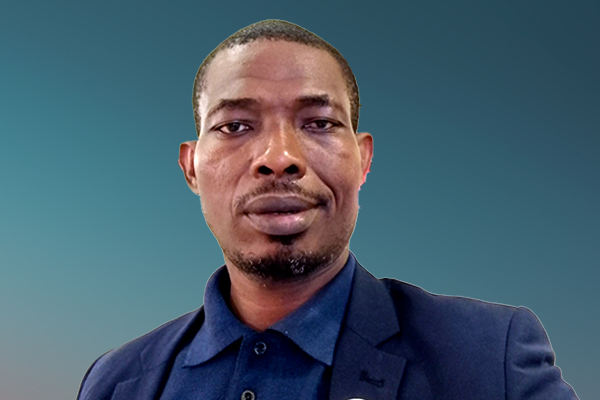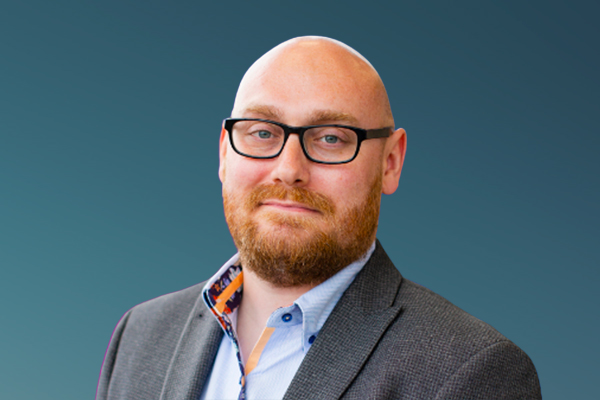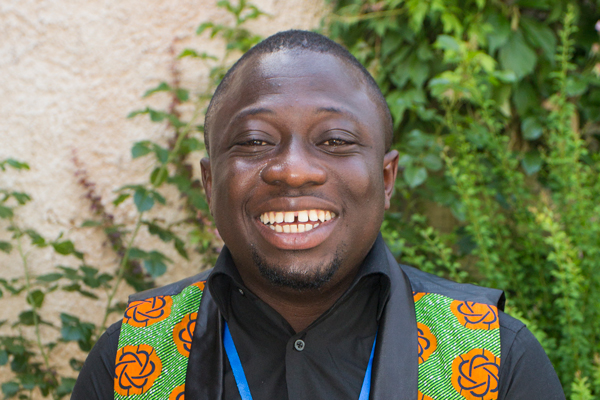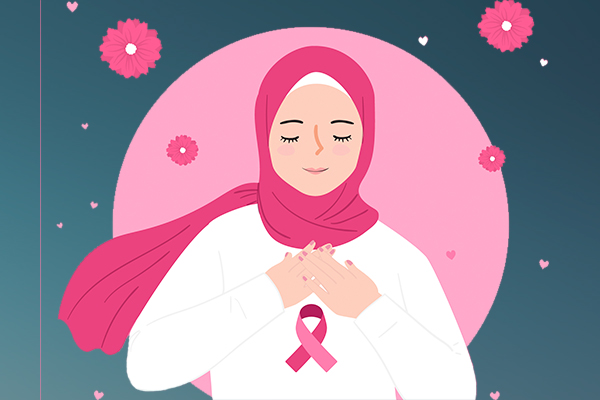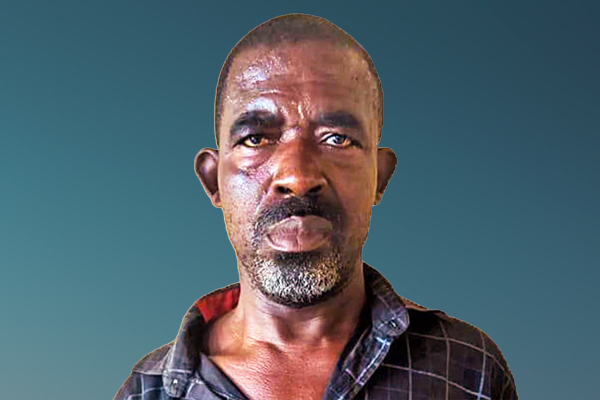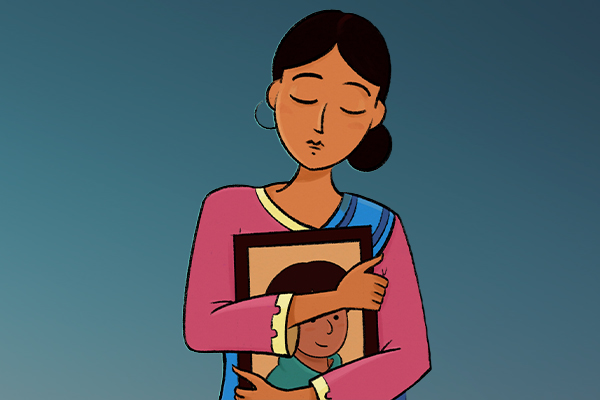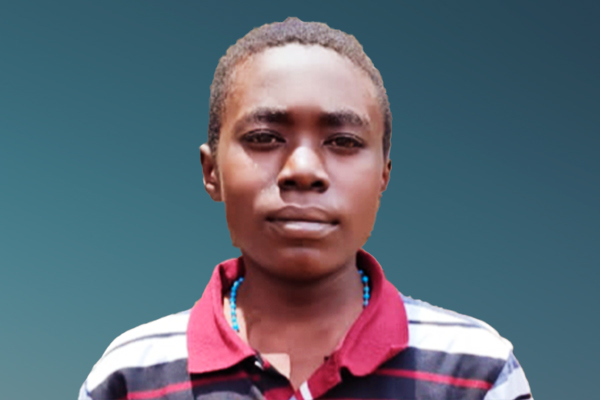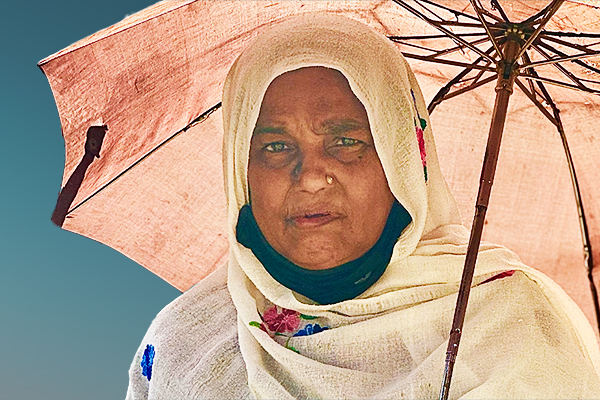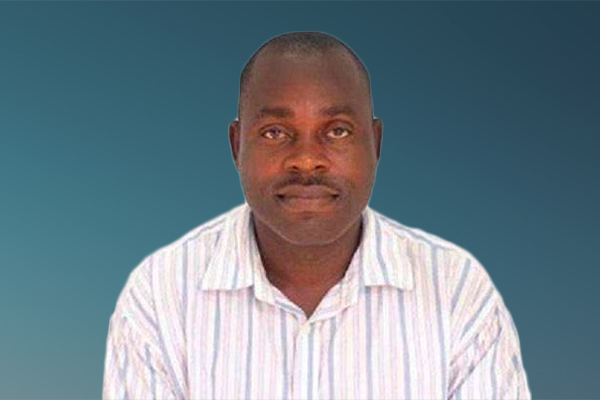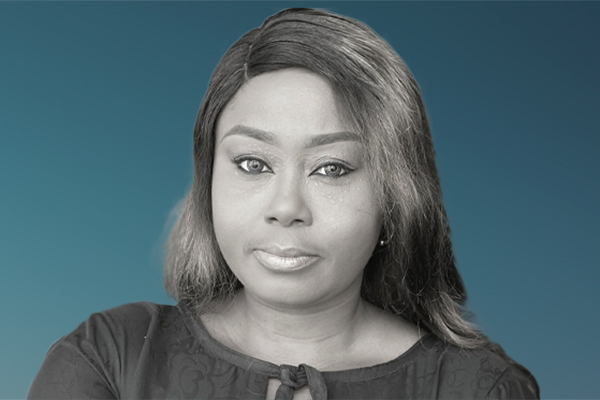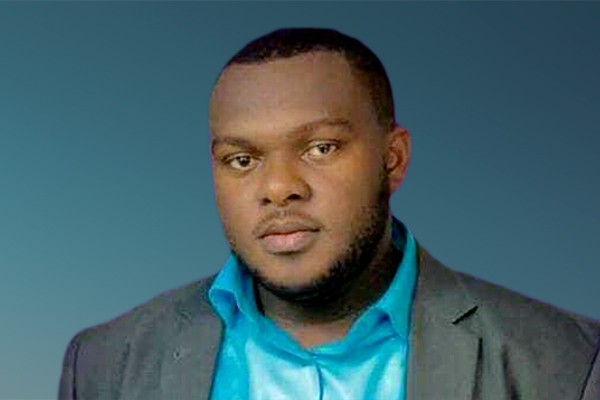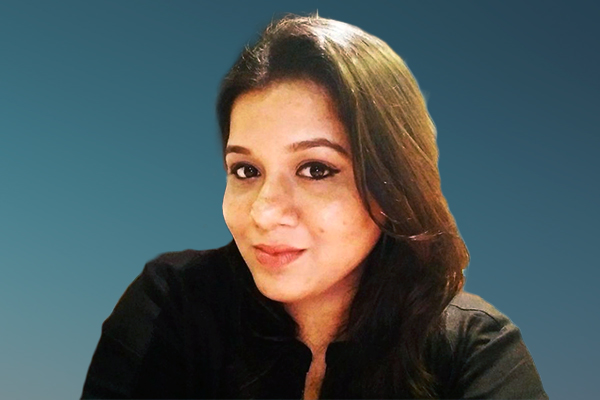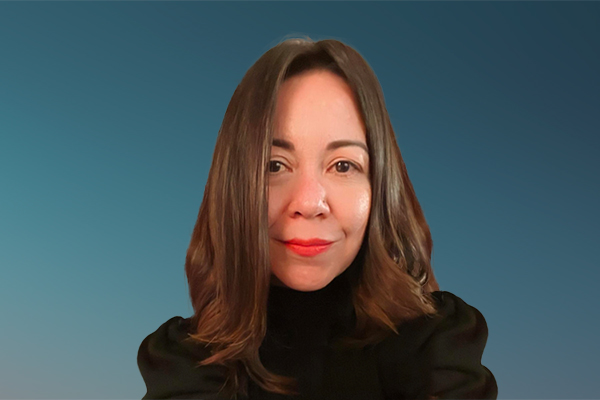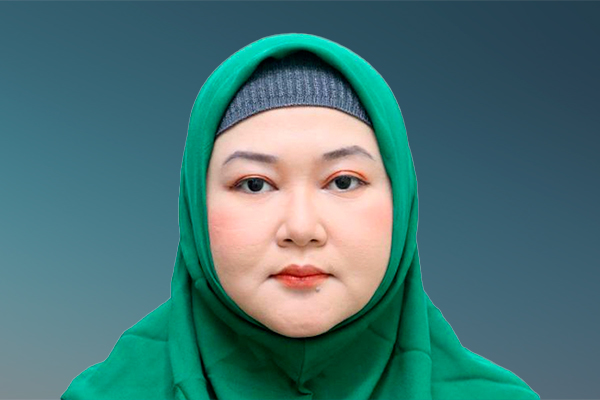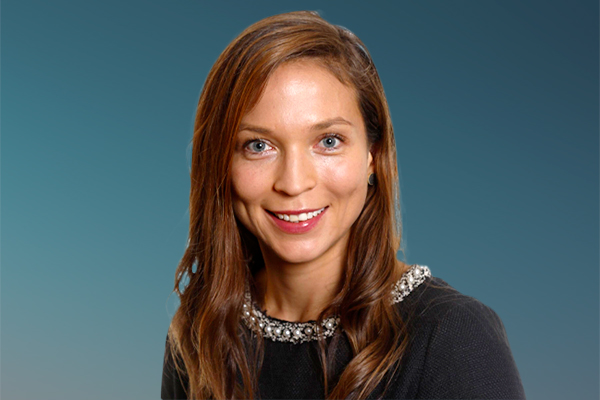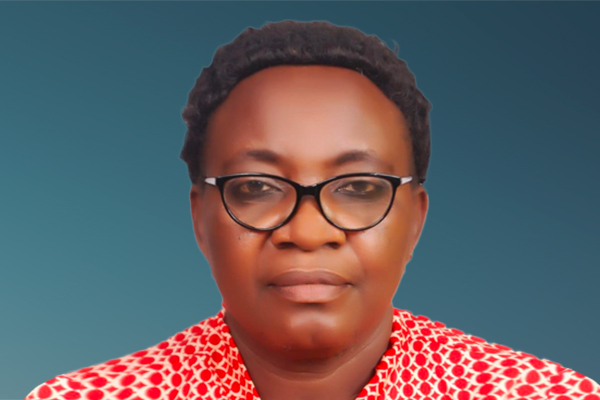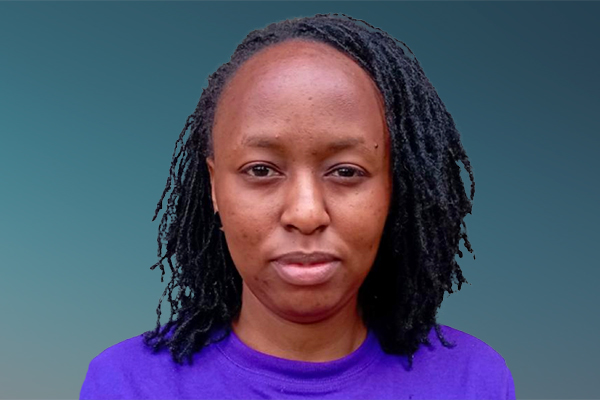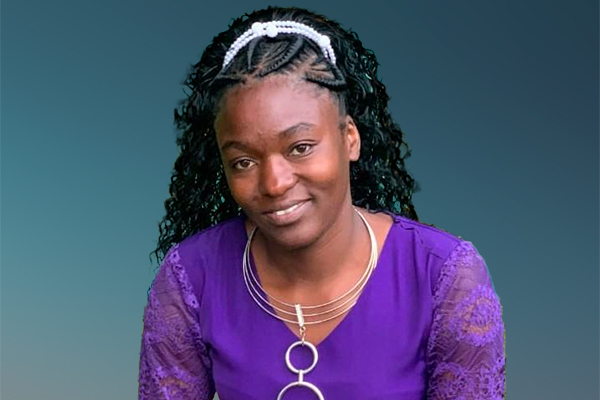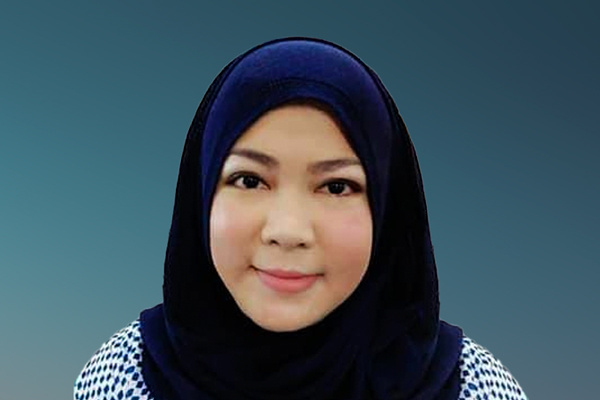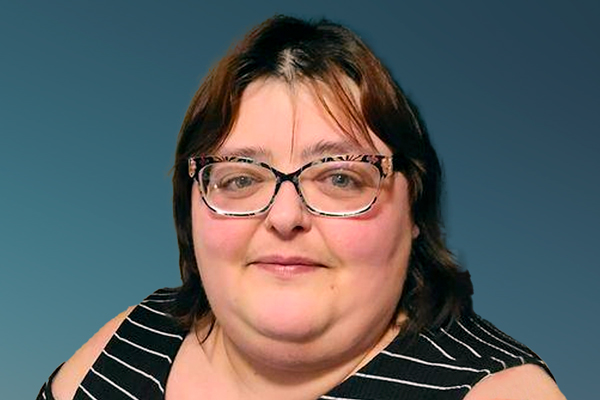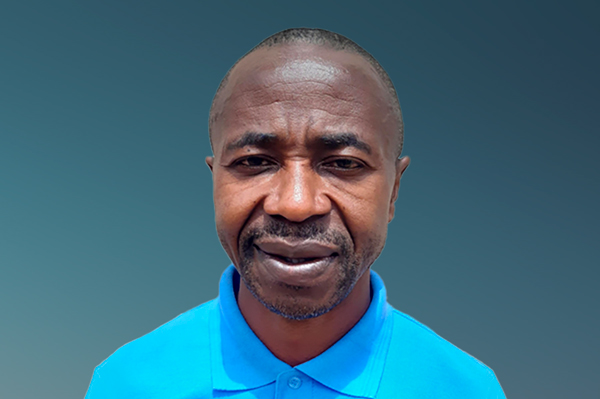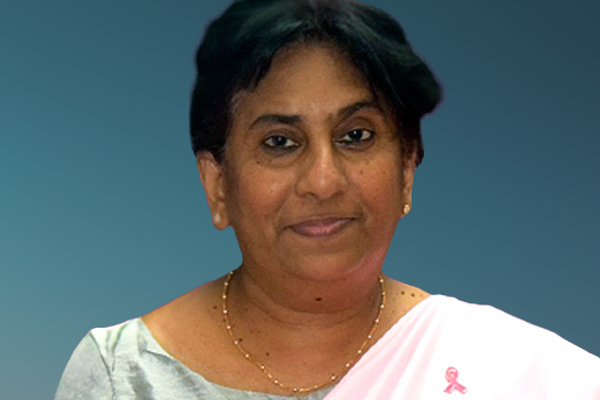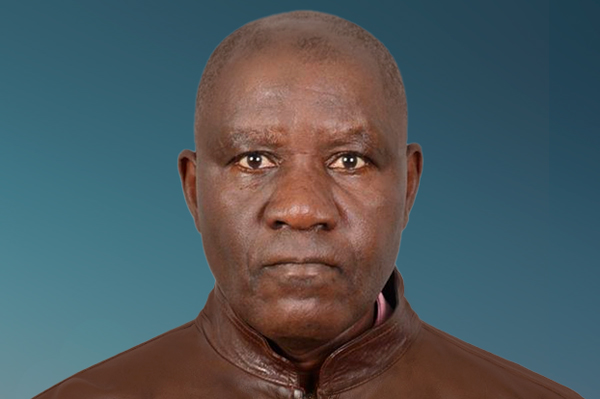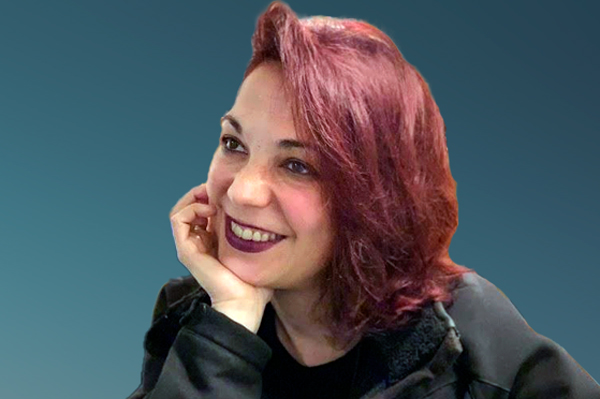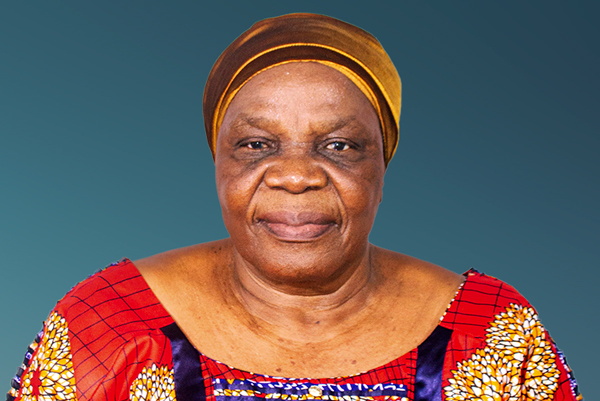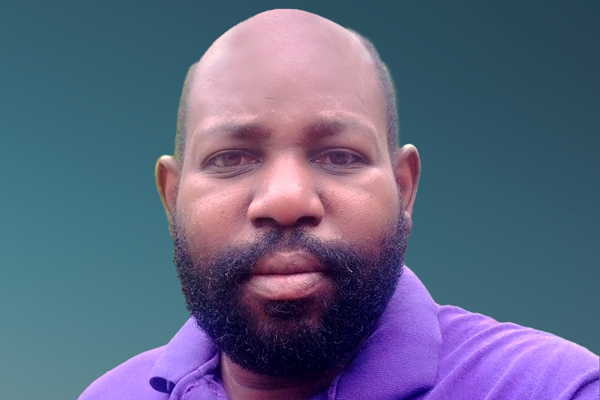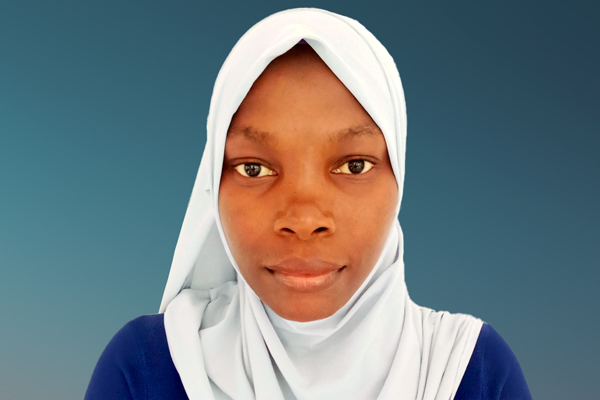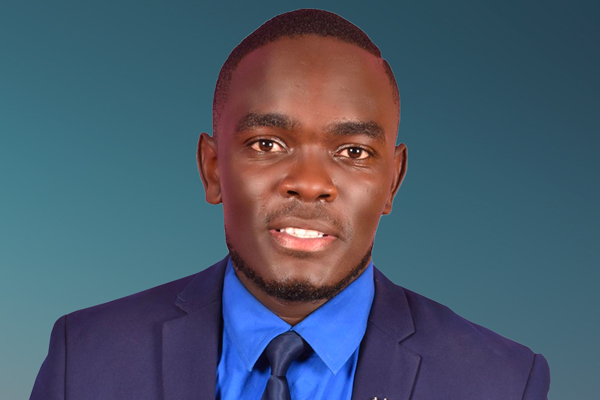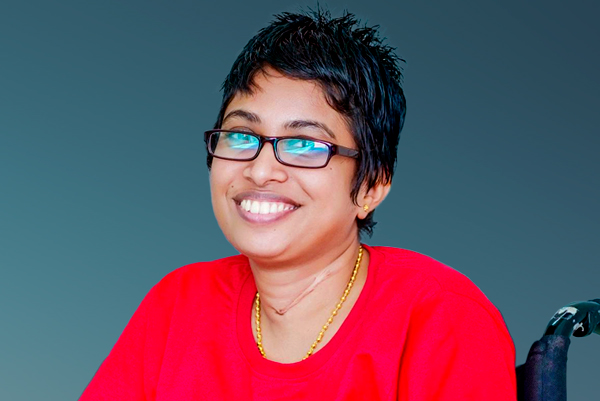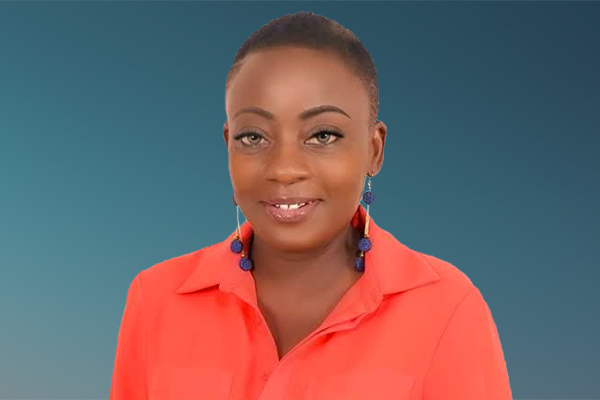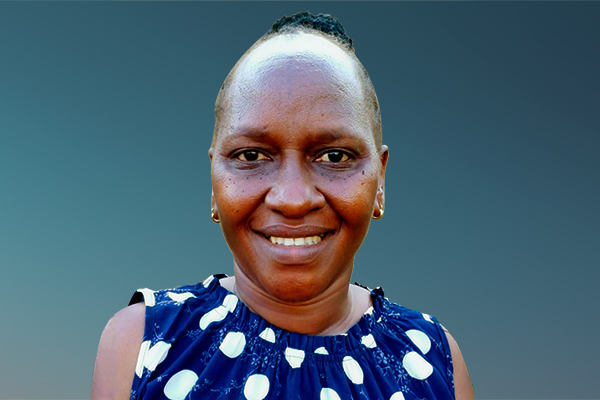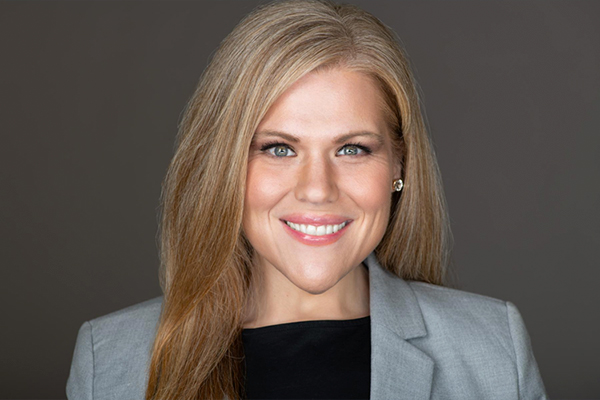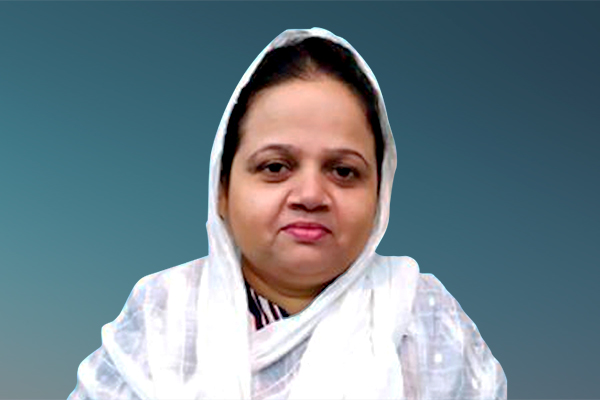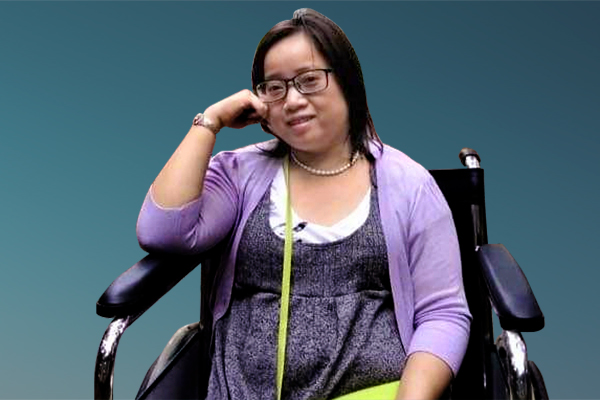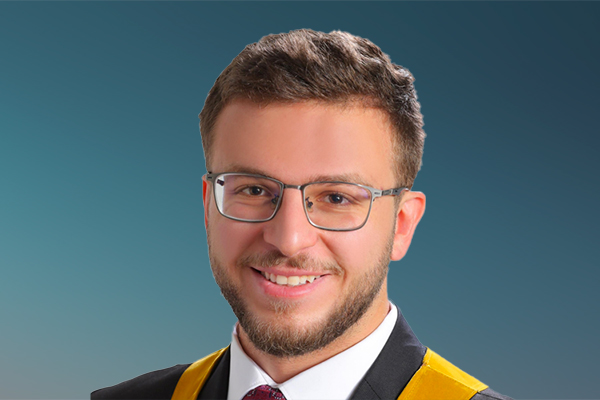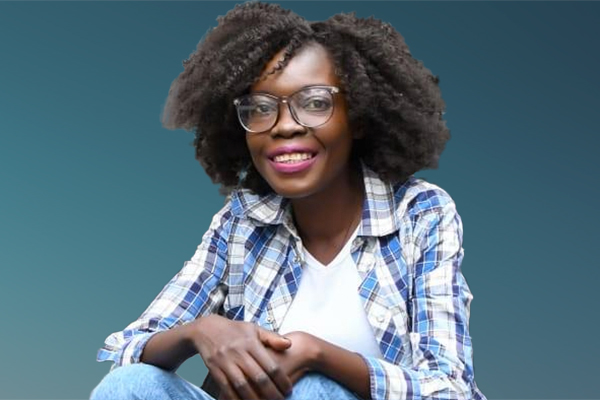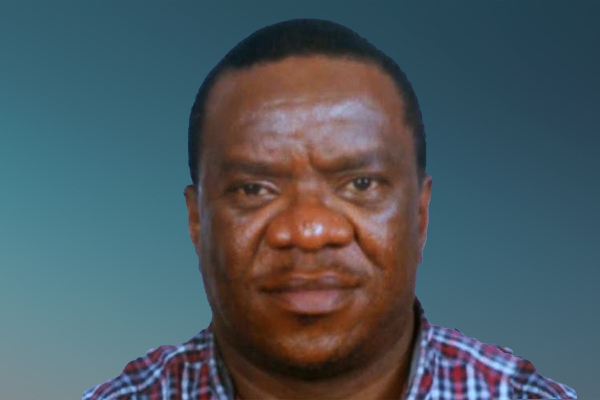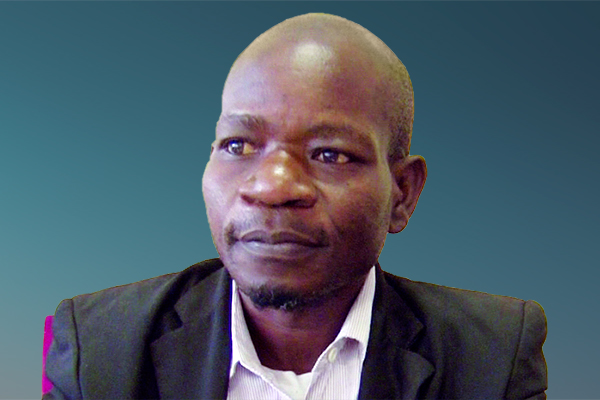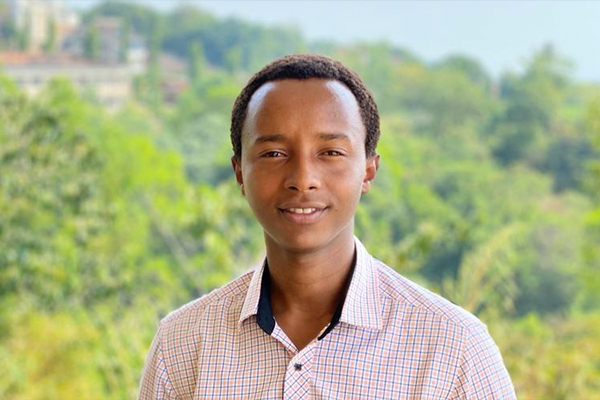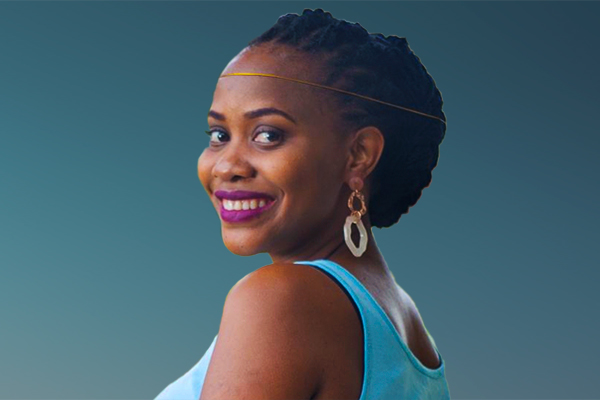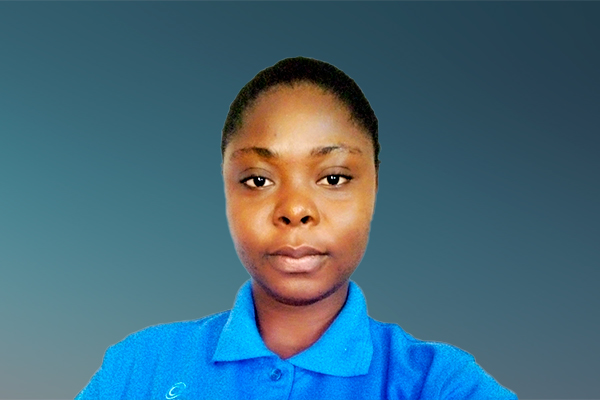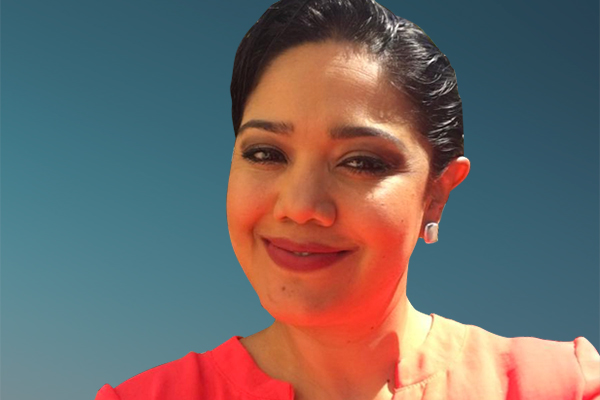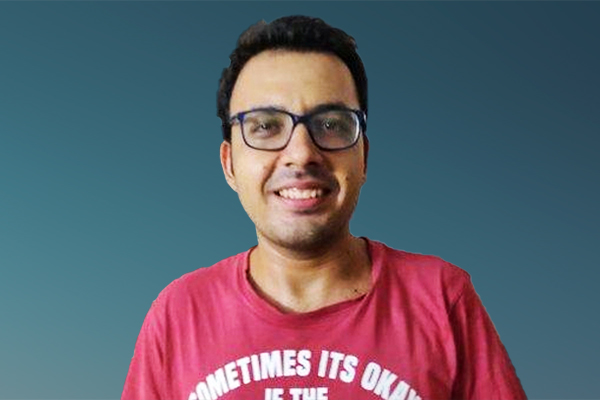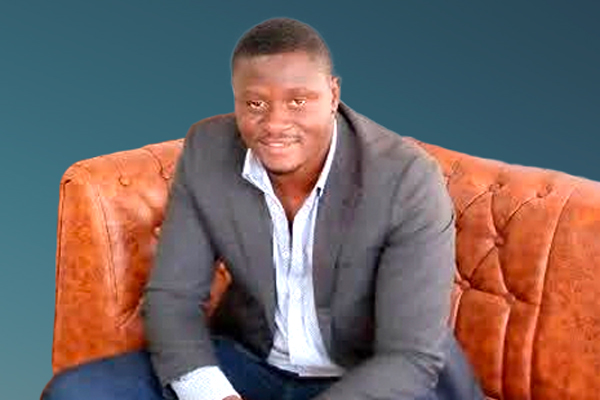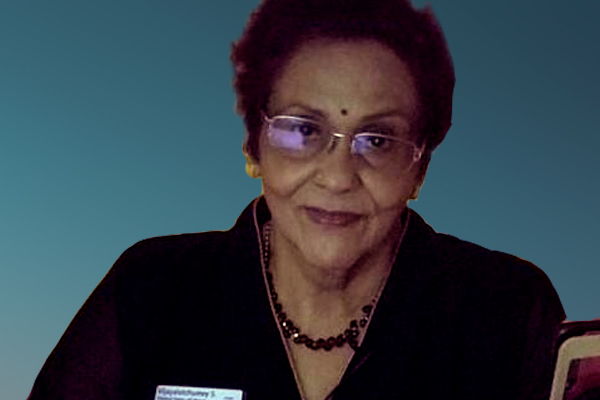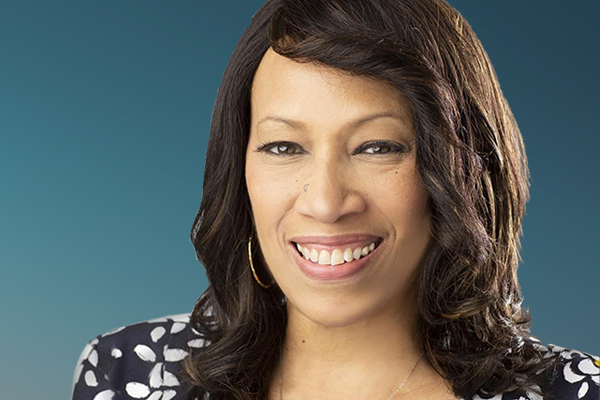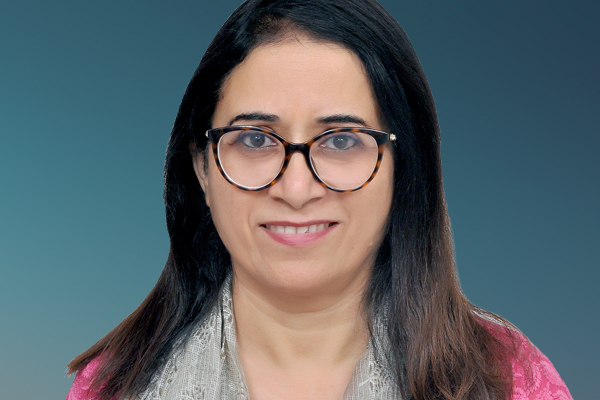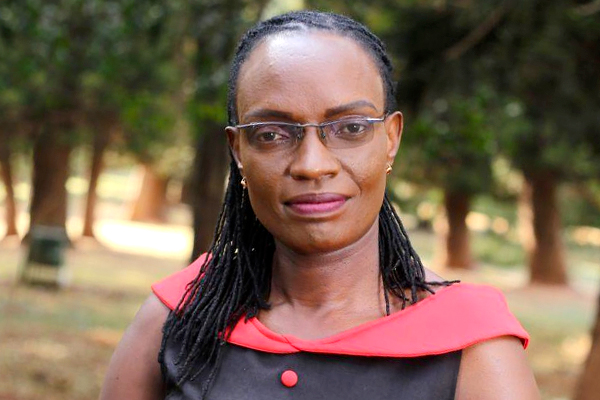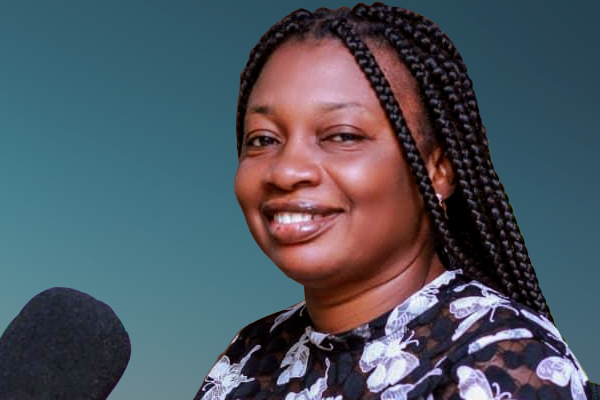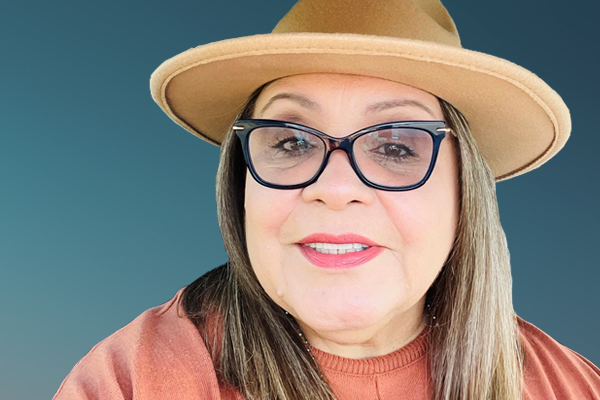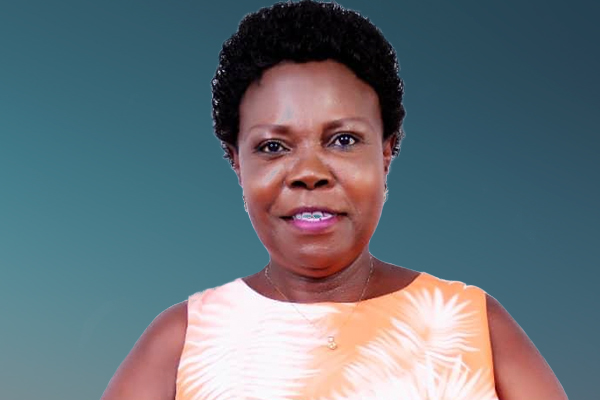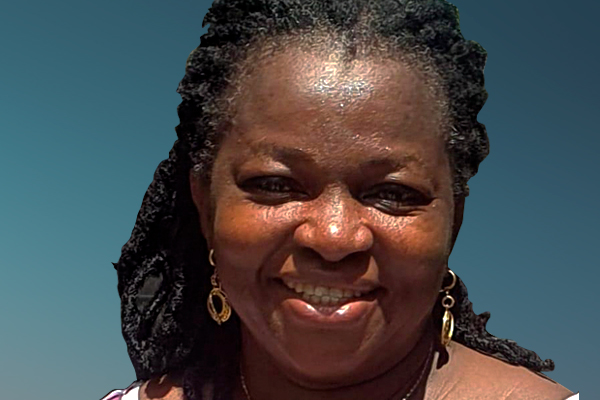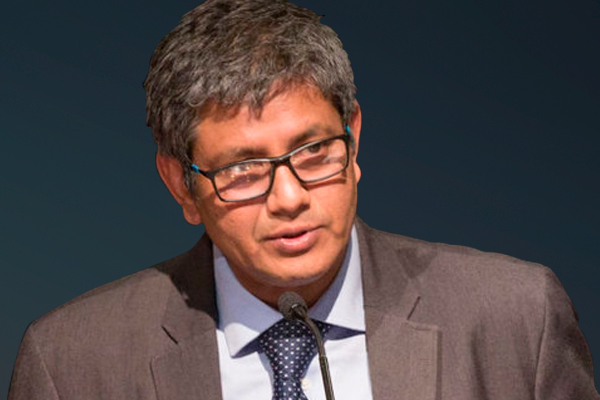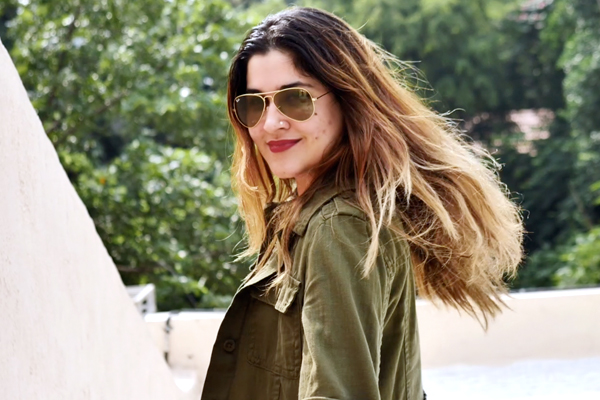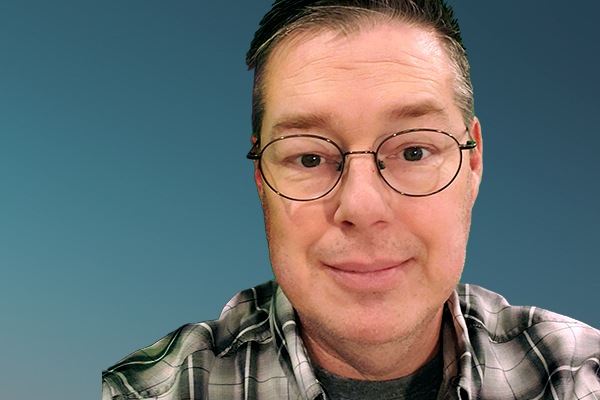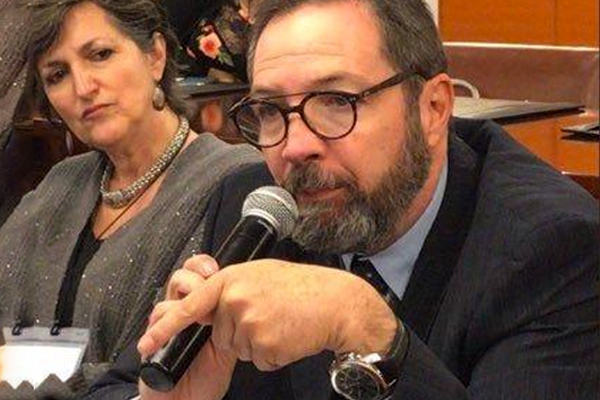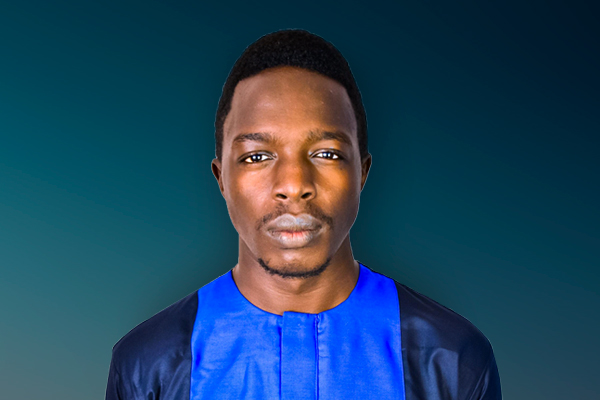As a child, I saw my father as a man of faith and remarkable for his time.
When I became a mother, I realised how rare he truly was because of the way he taught us about life, about faith.
When I was 7 years old, he asked if I knew what it meant when someone greeted me with “Namaste”.
“Papa,” I confessed, “I do not.”
He said, “When we say Namaste, we greet the goodness in the other person”.
In this spirit, I share my thoughts so that we will see change where we need to be better.
I dedicate this next audio podcast to our doctors, nurses and other medical professionals who take care of people living with multiple chronic conditions.
Before medical graduates are posted to hospitals, they can also intern with NCSM.
Our government hospitals are teaching hospitals and are flooded with nurses, housemen and medical officers on their way to being capable and multi-disciplined professionals.
Cancer updates and sharings by persons living with cancer are presented during CMEs.
From our experiences with these classes, these stories bring out empathy and how disease and treatments impact lives.
These classes bring home the fact that some struggles and pain are invincible.
Inconvenient truth
When I was 18 my mother was diagnosed with diabetes and hypotension. She alternated between insulin jabs and tablets throughout the rest of her life.
I grew up mistakenly thinking that diabetes and hypertension were not life threatening nor needed permanent changes to my day-to-day activities.
When I was diagnosed with diabetes and hypertension myself, I was not distraught. Practically everyone in my family had two or three NCDs by then.
It was my cancer diagnosis that woke me up on how bad my health was.
My diabetes meant wound healing would take 6 weeks instead of 2 weeks. Fitting and removal of my chemoport needed general anaesthesia instead of local anaesthesia.
For my colonoscopy and cataract operation, the anaesthetist was on standby with general anaesthesia.
My hypertension caused me episodes of giddiness, heart palpitations and cold sweat. My anxiety levels went through the roof and I would make frequent bathroom visits before procedures.
My heart disease meant I was on aspirin and I had to stop taking it a week before any dental procedure or operation.
My obesity caused joint pains, heart palpitations, difficulty in breathing and lethargy.
My cancer meant I was susceptible to all manner of viral infections.
Despite my surgeon’s warning how my chemotherapy could affect me and that I may need psychiatric counselling, I did not heed him. That was why my meltdown, shared in the first podcast, happened.
When my sister Uma passed away, I became distressed and suffered emotional and physical pains. This time, when my surgeon referred me to a psychiatrist, she did a wonderful job to help me through my grief.
It also meant I understood how important NCSM’s psychosocial support is for the well-being of people living with cancers and other NCDs.
At the end of my last radiotherapy session, I stood in the cold hospital basement and realised how terrified I would be if cancer recurred.
I lost 28kgs and I have kept it off for 8 years now. I took care of my emotional and mental health, so that my body could take care of healing.
Recognising and managing the concerns of the person struggling with the cancer diagnosis becomes complicated when other NCDs are also involved.
Keeping these conditions in the periphery and getting the support needed for the other NCDs at the same time can help people like me make better decisions about our care.
The Orange
Each houseman has 6 months for every discipline and they are rotated as needed.
This is a challenge and it does affect the quality of communication and care by the doctor for the person being treated.
Do read the medical notes before you see us.
Do introduce yourself.
Do listen.
Do listen to the attending nurse, especially if the nurse is familiar with the us and our care.
Speaking as a person with excruciating issues with blood drawing, nurses who know how to draw blood from collapsed veins and are good with people are great colleagues to have. Learn from your seniors how to confidently administer as many of the ward procedures and techniques as possible.
If your person with multiple NCDs requires various screenings and consultations, it may help to schedule them within the same day.
Do find out more about mental health and how your person can benefit from the extra support.
Be aware of other support available at your hospital including nutritionist and physiotherapist.
Nurses, please tell the doctors about the oranges.
Listen to the challenges and the realities faced by people living with NCDs, it helps to reduce suffering and improves compliancy.
Lifesaver
The couple were in their late sixties and early seventies.
The husband was selling ice-cream to earn RM270 a month to eke out a living.
Mia supplemented their food with the vegetables she planted, the chicken they reared and the eggs harvested.
Mia was now sitting in front of me, this little elderly lady, bent by her hard life.
Smiling sadly, she listened to her doctor and her translator.
She had just been told she had cancer.
As lived experience advocates, we hear many stories like these.
Our country’s healthcare system is one that is heavily subsidised to enable the populace, even the poor, to access better healthcare services.
Government clinics require token RM1-5 for consultation and medication for basic treatment for fever, wound care, pre-natal and post-natal care, NCD maintenance visits and lately COVID-19 tests, the last of which, is with referral from Government hospitals.
With the government subsidy, the poorest amongst us like Mia, would have to pay RM500 token for surgery, chemotherapy and radiotherapy.
Despite our government’s efforts, not all procedures or medical costs can be absorbed and to the poor and struggling, these are beyond their capabilities.
Many seeking urgent treatment may look to private hospitals for primary treatment like breast cancer surgery before heading to government hospitals for subsequent continuous consultations and other treatments like chemotherapy and radiotherapy.
Some surgeries, for example like heart surgeries may be too costly at private institutions, going into tens of thousands of ringgit. Waiting for surgery at government hospitals become the only recourse.
Some medications also do not make the pages of the Blue Book which is a listing of medication approved by the Health Ministry for use in the government hospitals and clinics making it necessary to purchase these from private pharmacies.
Furthermore, many government hospitals share a few facilities for screening or treatment which makes the waitlist for these longer than it should be.
Yes, there are limitations but overall, I am a beneficiary of the healthcare system that has taken care of me through my hypertension, high cholesterol, my heart disease, my type-2 diabetes and finally, my cancer.
We do have help from government medical welfare, NGOs and a lovely national income assistance for the poor and needy that covers 45 critical illnesses, many of which are NCDs including heart disease, kidney failure, Alzheimer, dementia and cancer.
The income assistance program is helping many and I cannot sing enough praises about it. My only wish is that the current age limitation may be lifted to include children and the elderly living with cancer.
Until the day we are diagnosed, we never thought we could get cancer or need long term care for chronic illnesses and one in three Malaysians will face financial crisis managing their cancer treatment, losing income and even homes. Managing heart diseases or even long-term treatments for dementia can be financially crippling.
So wherever you are, find out programs that support people with cancer and other NCDs and guide them towards it.
Short & Sweet
Financial obstacles are only part of the daily reality for cancer and other NCD persons. When I first started to volunteer with NCSM, I thought palliative care was for people who were dying. Probably some of you may think the same.
It turns out, it’s not easy to explain pain. A chart helps the doctor or nurse to visualise the extent of the pain.
There are times that my body has aches and pains that make me worry and I appreciate the thoroughness of my doctors.
There are different types of pain and there are times the pain is overwhelming.
Two years after my cancer diagnosis, I was mugged and my chemoport broke inside of my chest and I had an emergency operation to remove the broken parts.
I also had other non-cancer related operations like a benign ovarian cyst that had grown to 4.5cm and had that removed in 2018. Two days later, this was followed by an emergency hernia operation.
In 2019, I had calcification on my right breast and had to go through a hook-wire biopsy and another operation.
During these moments, I needed pain management.
Do learn more about pain, pain management and side effects.
Pain is frightening. It takes so much out of you, out of your ability to cope.
Pain sometimes makes you do things out of character.
Before my doctors found out about my ovarian cyst, I had spent that day curled in a ball of pain.
It was past 2 in the morning and everyon was asleep. I decided to walk out at that hour to the hospital nearby.
Pain specialist Dr Shireen Sree Jayan managed all my pain episodes and gave me back my quality of life.
It is very likely that your person with NCDs will not have such traumatic incidents one after another but you need to be prepared to support them through pain issues and for longer than the initial diagnosis and treatment.
Do work with your pain specialist and your palliative team. Find out how your pain specialist team can bring pain management as soon as it is needed. The pain management team will teach you so much about the human condition and the fortitude of the human spirit.
An experienced nurse told me once how she learnt to draw blood by trying out on an orange.
There is wisdom from the people who come before you whether they are doctors, nurses or the person living with non-communicable diseases.
Till we meet again.
Namaste.

